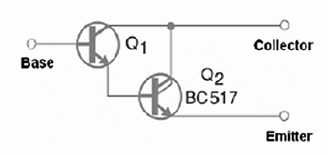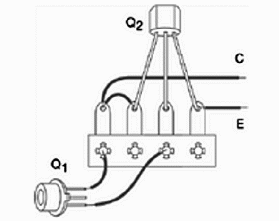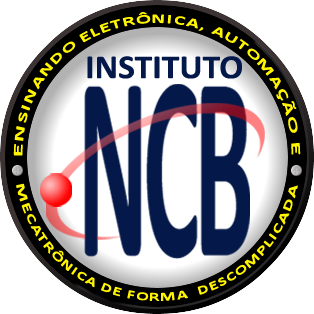In many cheap applications where a light sensor is needed, a LDR (Light Dependent Resistor) is the choice because of its sensitivity and low cost. But when in an experiment project, if a LDR cannot be found, we can replace it by a photo-transistor, but in this case some changes in the original circuit are needed.
The changes can both increase the sensitivity and the directivity. The aim of the circuit presented here it to allow the use of a photo-transistor, replacing a LDR in applications where the power supply voltage is limited to 12 VDC.
Using a Darlington transistor with a very high gain (about 30,000), we can increase the sensitivity of a photo-transistor in a manner that it reaches the one achieved by a common LDR. Figure 1 shows the circuit used for this aim. Q1 is the photo-transistor.

Since the project is very simple, the components can be soldered to a terminal strip as shown by figure 2.

The transistor used as example has a base terminal that is not connected (NC). Some types of transistors come with only two terminals, predicting that the third one is not used in most applications and so it is not necessary. In order to use in any application replacing a LDR, it is only necessary to connect points C and E to the circuit, observing that C is the positive terminal.
The BC517, Darlington transistor, can be replaced by a pair of BC548 or other general purpose silicon NPN transistor.
Competition and Works:
- Give a prize to the pupil who can find more applications for this circuit.
- Suggest a research on the Internet to find documents explaining the Photo Electric Effect.
- Propose a report about Einstein and the Photo Electric Effect.
Q1—Any photo-transistor
Q2—BC517 or equivalent—Silicon Darlington NPN transistor
Other:
Terminal strip, wires, solder.




